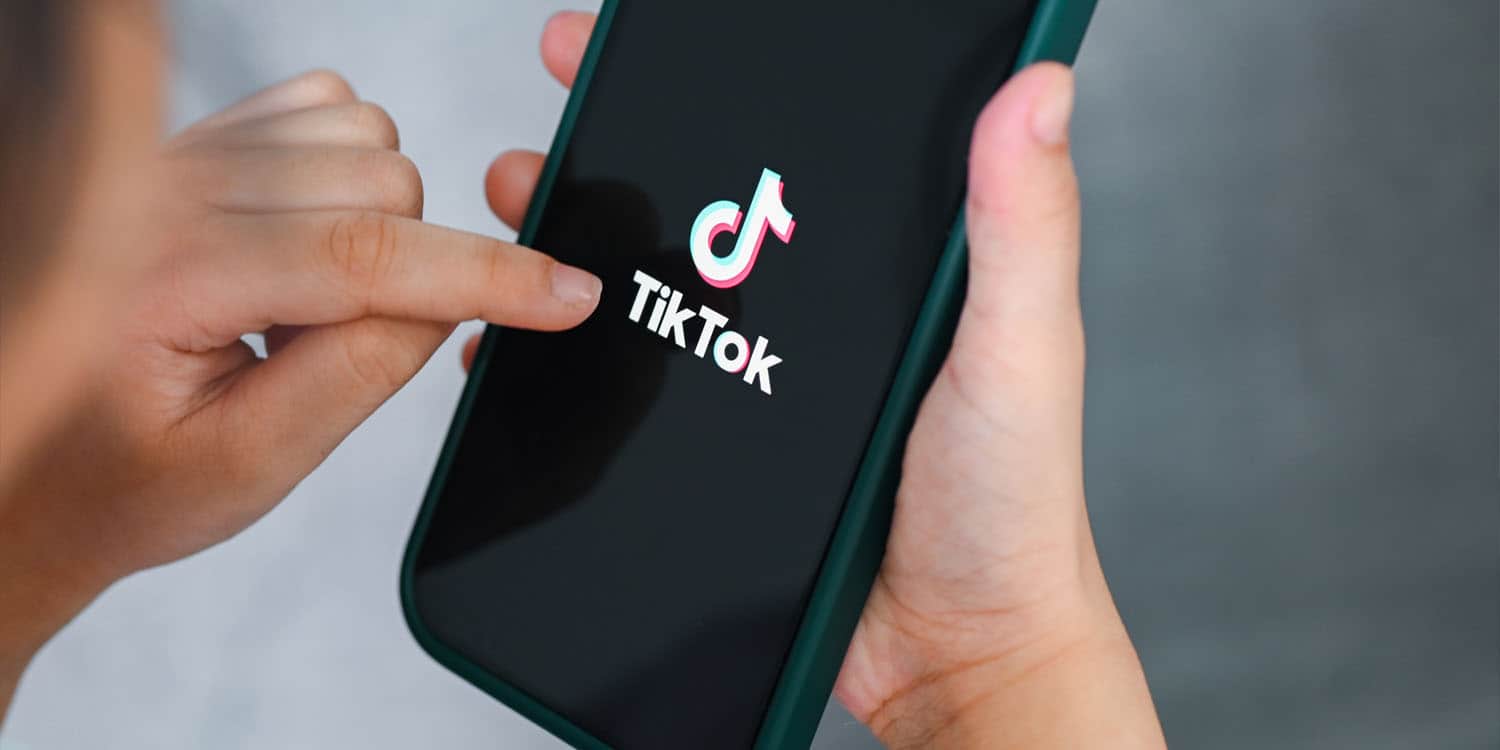A recent analysis published in Australasian Psychiatry uncovered alarming trends in ADHD-related content on TikTok. Researchers examined videos tagged with #adhdtest and found that 92% of them contained misleading information. Despite their inaccuracy, these videos significantly outperformed accurate content in terms of viewer engagement, amassing nearly all likes, comments, and favorites.
ADHD, a neurodevelopmental disorder, is typically diagnosed in childhood but often persists into adulthood. Its symptoms—such as inattention, hyperactivity, and impulsivity—can profoundly affect daily functioning across environments like school, work, and home.
While tools such as the World Health Organization’s Adult ADHD Self-Report Scale (ASRS-v1.1) can help screen for potential symptoms, a proper diagnosis requires a comprehensive clinical assessment conducted by qualified professionals. Accurate diagnosis is critical to ensure effective treatment and prevent misdiagnosis, which can lead to inappropriate care and stigmatization.
Since its launch in 2017, TikTok has emerged as a dominant platform for sharing short, engaging videos on a wide range of topics, including mental health. ADHD-related content has gained particular traction among adolescents and young adults, with TikTok’s algorithm amplifying videos that are visually captivating or emotionally resonant.
While this approach maximizes engagement, it often prioritizes sensationalized or oversimplified content over accuracy. The rise of ADHD “self-tests” on TikTok has further complicated the issue. Hashtags like #adhdtest promise users a quick and accessible way to determine if they might have ADHD.
“TikTok has increased in popularity exponentially and carries a lot of information/mis-information about various topics including health, which potentially influences the behavior of its users,” said study author Smita Verma of Waikato Hospital.
“There has been an exponential increase in people seeking assessment for ADHD. Reliable information related to it on social media could help screen out those who don’t need assessment and thus benefit those who actually need assessment and prevent overwhelming the already limited health resources. The study was an exploratory one to quantify how reliable the information related to #ADHDtest on TikTok is and whether it needs to be addressed.”
The researchers conducted their analysis by examining the top 50 TikTok videos tagged with the hashtag #adhdtest. This hashtag is commonly used to group content related to ADHD self-assessment. To minimize algorithmic biases, the search was performed without an account, ensuring the results were not influenced by personalized recommendations.
Videos were selected based on relevance, and only those in English that directly addressed ADHD testing or diagnosis were included. Videos that did not meet these criteria, such as duplicates or non-ADHD-related content, were excluded.
The content of each selected video was thoroughly reviewed by two mental health professionals. The reviewers assessed whether the information provided aligned with validated ADHD screening tools, specifically the World Health Organization’s Adult ADHD Self-Report Scale (ASRS-v1.1).
Videos were classified as “useful” if they included at least four of the six questions from the ASRS screener and provided accurate, evidence-based explanations of ADHD symptoms. Misleading videos, by contrast, either failed to align with these criteria or presented scientifically unsupported tests and claims. Viewer engagement was also measured by analyzing likes, comments, and favorites, providing insight into how audiences interacted with the videos.
The analysis revealed a striking disparity between the quality of content and its popularity. Of the 50 videos analyzed, 92% (46 videos) were classified as misleading, while only 8% (4 videos) met the criteria for being useful.
“The very high amount of misinformation and trivializing of ADHD, which is a serious mental illness, was surprising and disrespectful towards people who have this condition,” Verma told PsyPost.
Misleading videos often featured visually captivating or interactive formats, such as autonomous sensory meridian response (ASMR) videos and “dot tests,” which claimed to assess ADHD symptoms without any scientific basis. For example, some ASMR videos invited viewers to focus on visual or auditory stimuli, asserting that their responses indicated ADHD. These formats were engaging but had no connection to validated screening or diagnostic criteria.
The engagement metrics underscored the preference for misleading content. Misleading videos accounted for 96% of the total likes, 99% of the comments, and 93% of the favorites across the sample. ASMR videos, in particular, dominated user interaction, drawing nearly half of the total likes and over half of the comments.
In contrast, the four useful videos, which provided evidence-based information aligned with the ASRS screener, received only a fraction of the total engagement. This pattern suggests that while accurate information was present, it struggled to compete with the entertainment-focused and attention-grabbing style of misleading videos.
“There is very high amount of misinformation related to testing or diagnosing ADHD on TikTok,” Verma told PsyPost. “At present, the average person should not use TikTok as a reliable source of information on ADHD. Most information about ADHD tests on Tiktok trivializes ADHD and misguides people. Reliable sources of information should be sought such as from their own health professionals.”
The new findings are in line with a previous study, published in The Canadian Journal of Psychiatry in 2022, which found that most of TikTok videos about ADHD under the #adhd hashtag contained misleading information, often oversimplifying the disorder or misattributing common experiences as ADHD symptoms.
Future research could explore changes in misinformation trends over time, assess TikTok’s efforts to moderate misleading health content, and evaluate user susceptibility to such misinformation. The researchers are also interested in examining other social media platforms.
The study, “How evidence-based is the ‘hashtag ADHD test’ (#adhdtest). A cross-sectional content analysis of TikTok videos on attention-deficit/hyperactivity disorder (ADHD) screening,” was authored by Smita Verma and Suman Kumar Sinha.




